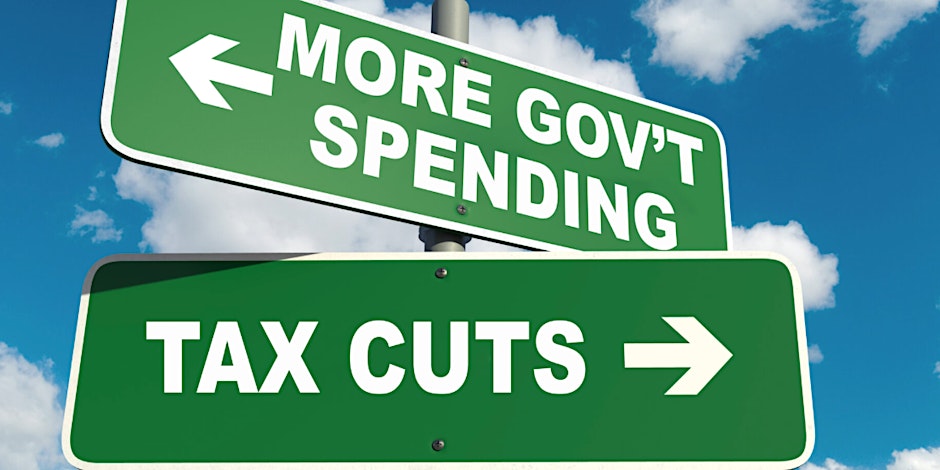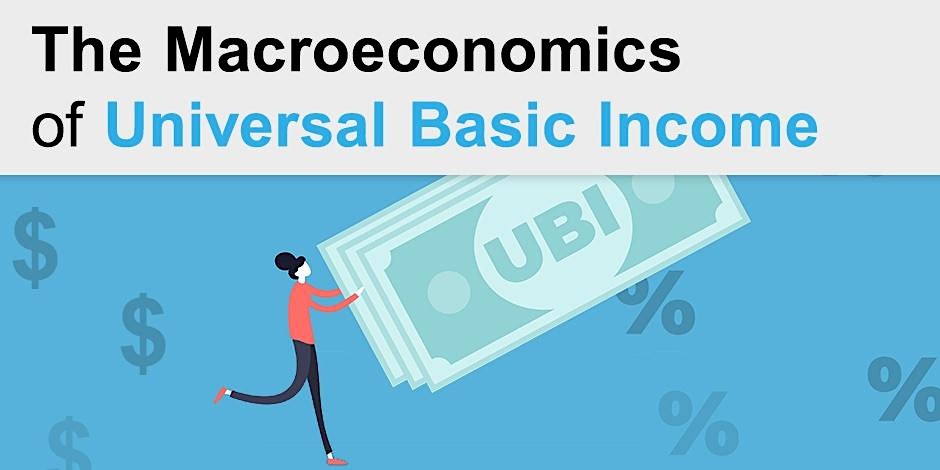Poverty Perpetuation, Dynamics, Mechanisms, and Reforms
Webinar

Poverty Perpetuation, Dynamics, Mechanisms, and Reforms
This talk will investigate the determinants and mechanisms of poverty perpetuation with a view to challenging mainstream academic discourse. We will review Henry George’s theory in an effort to understand why development in modern technology, social services, and education fails to alleviate poverty, and why the growing wealth of industrialized economies tend to stay concentrated in fewer hands. We will look into various growth models to understand the steady state of rich and poor economies, their technical issues, and policy implications, and lastly how the ecological imbalance and climate change impact poverty and vice versa.
The speaker, Nishu Mehrish is a PhD candidate in Economics at the New School of Social Research, NY.
Date: Monday, August 26, 2024
Time: 6:30 PM – 7:30 PM ET
Note: This is an online event. After registration, the Zoom link, along with the Meeting ID and Passcode, will be provided via email the day of the session.
Webinar




